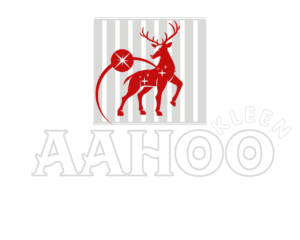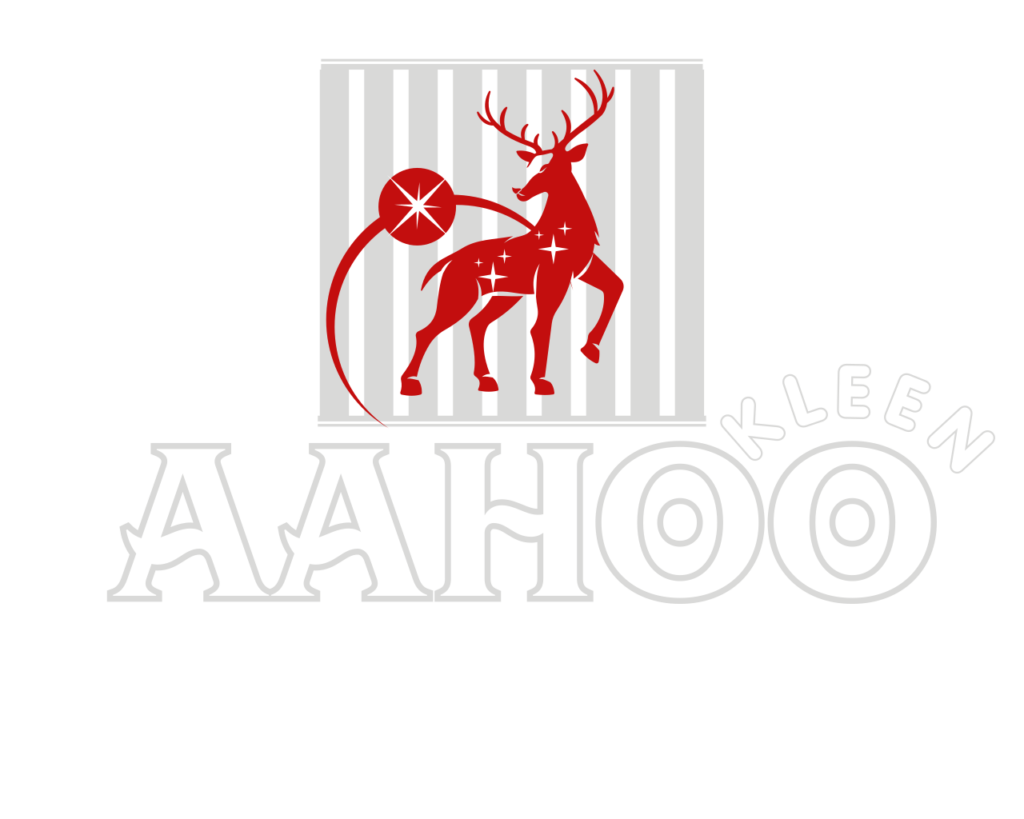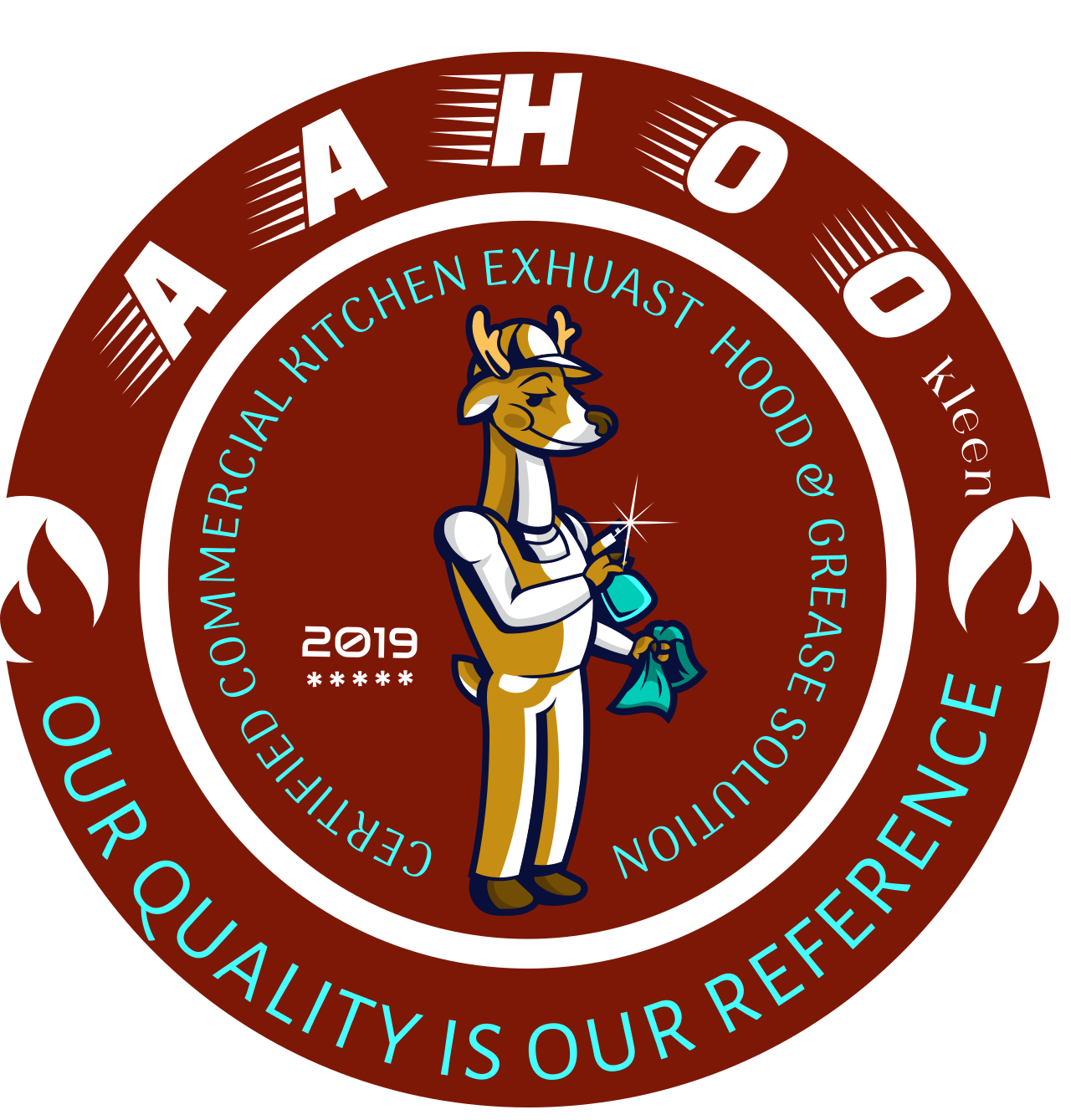Frequently Asked Questions
How often should I have my commercial kitchen exhaust hood cleaned?
It’s recommended to clean your exhaust hood every 3 to 6 months, depending on the volume of cooking. High-traffic kitchens may need more frequent cleaning to prevent grease buildup.
How long does each cleaning service take to complete?
Grease trap and exhaust hood cleaning typically takes 1 to 2 hours, depending on the system’s size and condition. Pressure washing services for outdoor spaces usually take between 1 to 3 hours, depending on the area being cleaned.
How often does a hood system need to be cleaned?
Are the cleaning products used in the kitchen and outdoor services safe for my property?
For kitchens, it’s recommended to clean exhaust hoods and grease traps every 3 to 6 months, while outdoor surfaces like driveways, fences, and patios should be cleaned annually or as needed based on exposure and usage.
Why is Clean It All informing me that our kitchen exhaust system is out of NFPA 96 code when the previous Company had no issues?
Yes, we use eco-friendly and non-toxic cleaning agents for both kitchen and outdoor services, ensuring your kitchen remains hygienic and your outdoor areas are safe for everyone.
How can I ensure my grease trap and exhaust hood are maintained properly?
Regular cleaning and inspections by professionals are key to keeping your kitchen systems running efficiently. We also recommend scheduling periodic maintenance to prevent buildup and ensure compliance with health and fire safety regulations.
What does your general kitchen cleaning service include?
Are your cleaning methods compliant with health and fire safety standards?
Do you provide maintenance services in addition to cleaning?
How often should I have my driveway, fence, deck, or patio pressure washed?
Will pressure washing damage my surfaces?
Is the cleaning solution used in pressure washing safe for the environment?
How often should my grease trap be cleaned?
What happens if I don’t clean my grease trap regularly?
Do you dispose of the waste from my grease trap?
What does residential cleaning include?
Residential cleaning typically includes dusting, vacuuming, mopping floors, cleaning kitchens and bathrooms, wiping down surfaces, and tidying up. The scope can be customized based on your needs, such as deep cleaning or additional services like window washing.
How often should I schedule residential cleaning?
The time required for a cleaning session depends on the size of your home, the level of cleaning needed, and any special requests. On average, it takes between 1 to 3 hours for a standard cleaning. Deep cleaning may take longer.
How long will a residential cleaning take?
The frequency of cleaning depends on your lifestyle and preferences. Most people schedule cleaning on a weekly, bi-weekly, or monthly basis. For homes with pets, children, or high foot traffic, more frequent cleaning may be necessary.
What does post-construction cleaning include?
Our post-construction cleaning includes removing dust, debris, and residues left behind from construction or renovation. It covers cleaning floors, walls, windows, surfaces, fixtures, and all living areas to ensure your home is spotless and ready to use.
How long does post-construction cleaning take?
The time required depends on the size of the space and the extent of the mess. On average, it can take a few hours to a full day for standard-sized homes or spaces.
What happens if I don’t clean my kitchen exhaust hood regularly?
Neglecting regular cleaning can lead to grease accumulation, creating a fire hazard. It can also reduce the efficiency of your ventilation system and may result in health code violations and fines.
Do I need to be present during the cleaning service?
While it’s not necessary for you to be present during the service, we recommend being available for any questions or specific instructions. Our team works efficiently and will notify you once the job is complete.
Will your cleaning services disrupt my kitchen or outdoor space?
We offer flexible scheduling to minimize disruption. For kitchens, we work during off-hours, and for outdoor areas, we clean with minimal interference to your daily activities.
Can pressure washing damage my surfaces or equipment?
- When done by professionals, pressure washing is safe. We adjust pressure levels to suit specific surfaces, ensuring no damage to delicate areas like wood or painted equipment, and ensuring safe cleaning of your kitchen systems.
What should I do before scheduling kitchen cleaning or pressure washing services?
- For kitchen cleaning, clear the area for easy access to exhaust hoods and grease traps. For pressure washing, remove furniture, vehicles, and plants to ensure a smooth and effective cleaning process.
Are your cleaning services compliant with health and safety regulations?
- Yes, all our kitchen cleaning services, including exhaust hood and grease trap cleaning, follow industry standards and health regulations to ensure safety and compliance with local codes.
Will the cleaning process disrupt our kitchen operations?
What types of cooking equipment do you clean?
Do you use eco-friendly cleaning products for kitchen and equipment cleaning?
How long does a pressure washing service take?
Can I pressure wash my surfaces myself?
Do I need to prepare anything before the pressure washing service?
Can I clean my grease trap myself?
How long does a grease trap cleaning service take?
What should I do to prepare for grease trap cleaning?
What materials or equipment do you use for cleaning?
We use industry-grade tools and eco-friendly cleaning products to ensure a thorough and environmentally safe cleaning. Our methods are designed to protect your home’s surfaces and finishes.
Are the cleaning products used safe?
Yes, we use eco-friendly and non-toxic cleaning products that are safe for your family and pets. If you have specific product preferences or allergies, feel free to let us know, and we’ll accommodate your needs.
Do I need to be home during the cleaning?
No, you don’t need to be home during the cleaning if you prefer. You can make arrangements for us to access your home with a key or code. If you’re at home, we’ll work around your schedule to minimize disruption.
How much does residential cleaning cost?
The cost of residential cleaning varies based on the size of your home, the type of cleaning needed, and the frequency of service. We provide customized quotes based on your specific requirements, so please reach out for an estimate.
Do you bring your own cleaning supplies and equipment?
Yes, we bring all necessary cleaning supplies, tools, and equipment, including eco-friendly products, to ensure thorough and safe cleaning.
Is post-construction cleaning safe for my family and pets?
Absolutely. We use non-toxic, eco-friendly cleaning products to ensure the safety of your family, pets, and the environment.
When should I schedule a post-construction cleaning?
It’s best to schedule cleaning once all construction or renovation work is completed, ensuring no additional debris or dust is created afterward.


